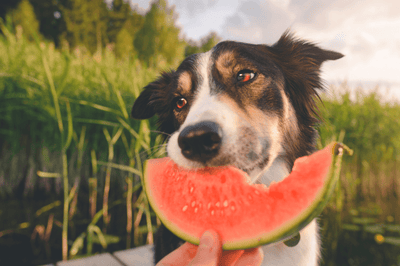Grains have long been a controversial topic in the world of dog nutrition, with some people claiming that they offer numerous benefits while others argue that they should be avoided at all costs. In this blog post, we'll take a closer look at the pros and cons of grains in dog food to help you make an informed decision about whether or not they are right for your furry friend.
Pros of Grains in Dog Food:
-
Grains can provide dogs with important nutrients: While it's true that dogs are primarily carnivorous animals, grains can still play a role in a well-balanced diet. Some grains, such as rice, oats, and barley, are rich in nutrients like B vitamins, fiber, and minerals that are important for maintaining good health.
-
Grains can be a cost-effective ingredient: Grains are often cheaper than animal protein sources, which can make them an attractive option for manufacturers of budget-friendly dog foods. For pet owners on a tight budget, choosing a dog food that contains grains may be a more economical option.
-
Grains can help with weight management: Some grains, like rice, are low in fat and calories, which can make them a useful ingredient in weight management diets for dogs.
Cons of Grains in Dog Food:
-
Grains may not be as digestible as other ingredients: Dogs have a relatively short gastrointestinal tract, which means that they may not be able to digest grains as efficiently as other ingredients, such as animal protein sources. This can lead to digestive issues like gas, bloating, and diarrhea.
-
Grains may trigger food allergies: Some dogs may be allergic to grains, particularly corn, wheat, and soy. Symptoms of grain allergies in dogs can include itchy skin, hot spots, and digestive problems.
-
Grains may not be as nutrient-dense as other ingredients: While grains can provide some important nutrients, they may not be as nutrient-dense as other ingredients, such as animal protein sources. This means that dogs may need to eat larger quantities of grain-based foods to get the same level of nutrients as they would from a diet that is rich in animal protein.
In conclusion, grains can be a useful ingredient in dog food, but it's important to carefully consider the pros and cons before making a decision about whether or not to include them in your dog's diet. If you're concerned about the potential negative impacts of grains, consider choosing a grain-free dog food or talking to your veterinarian about other options.






